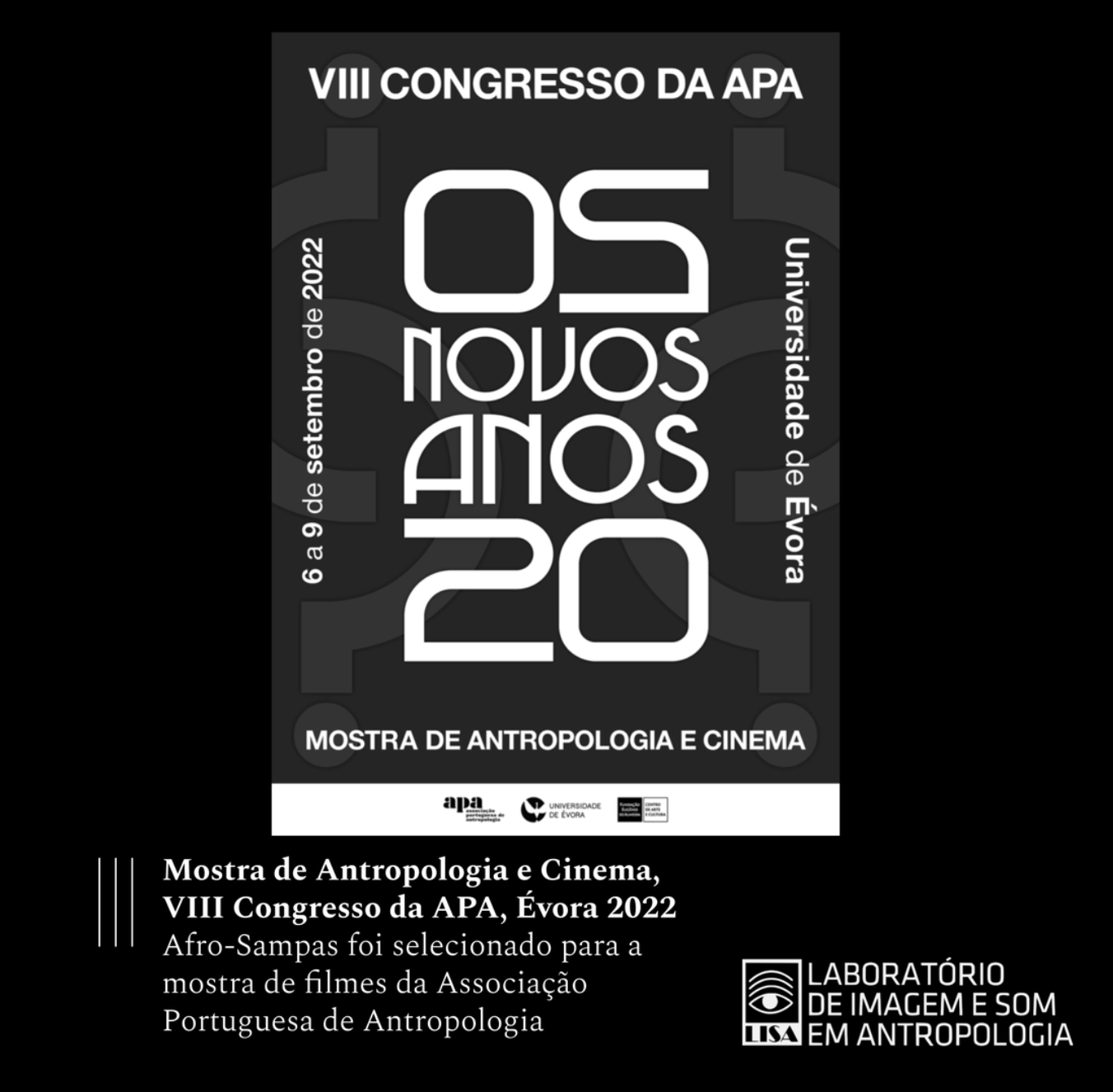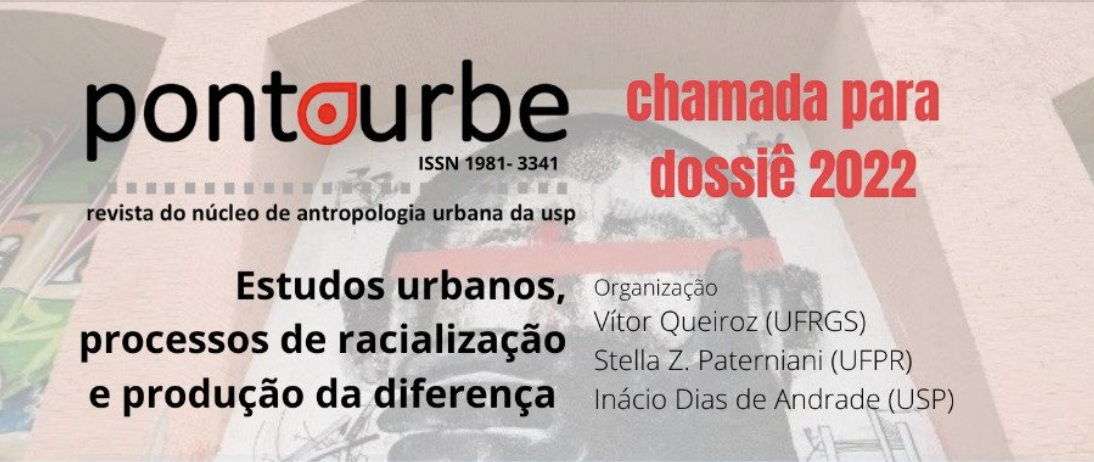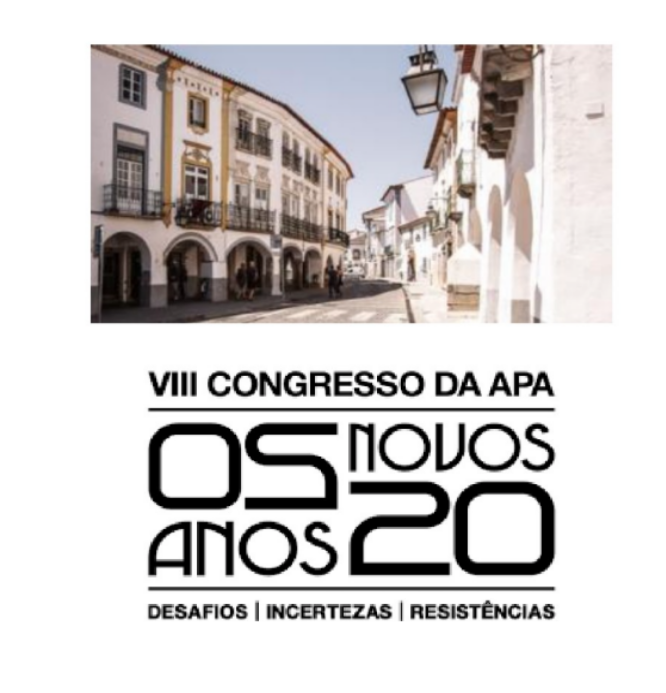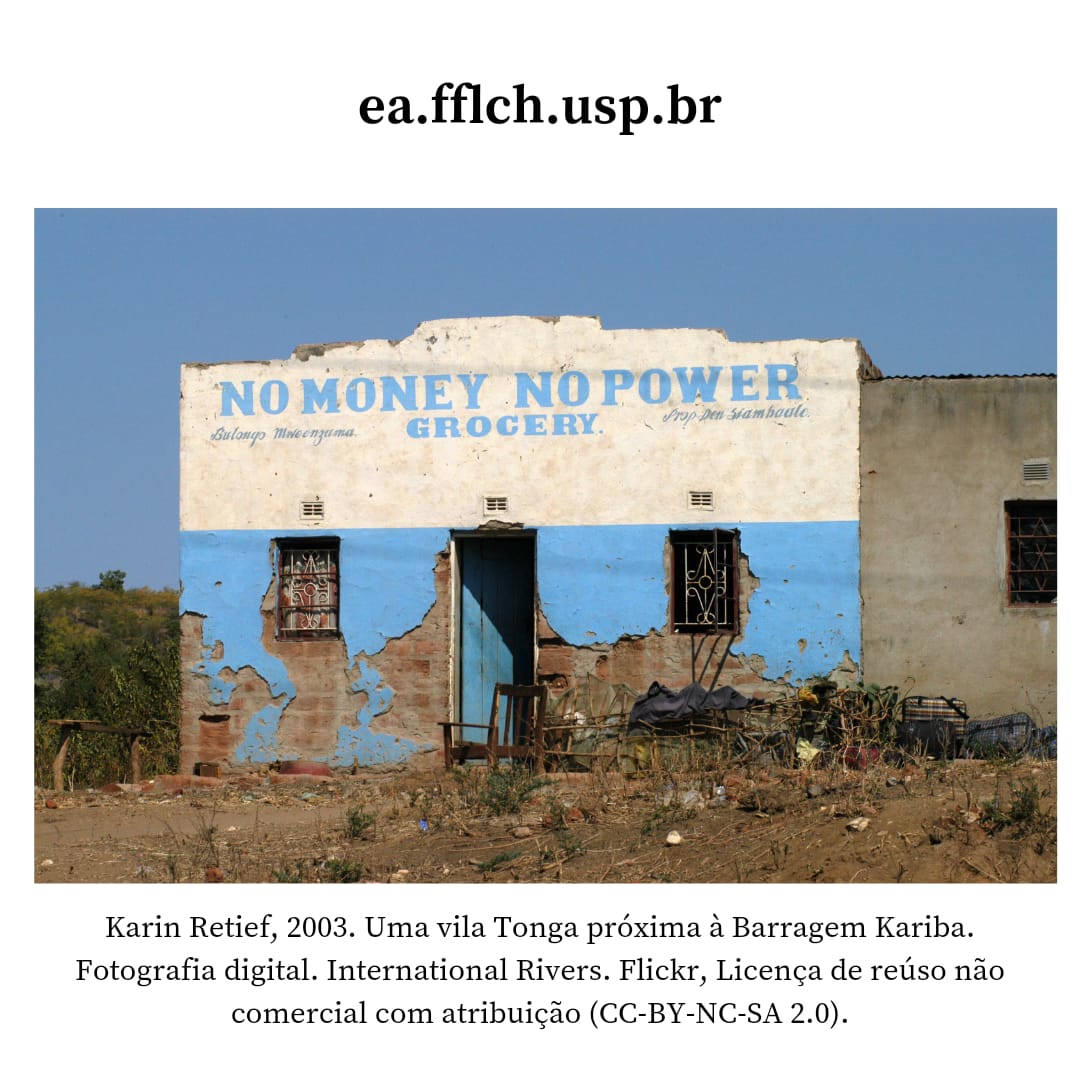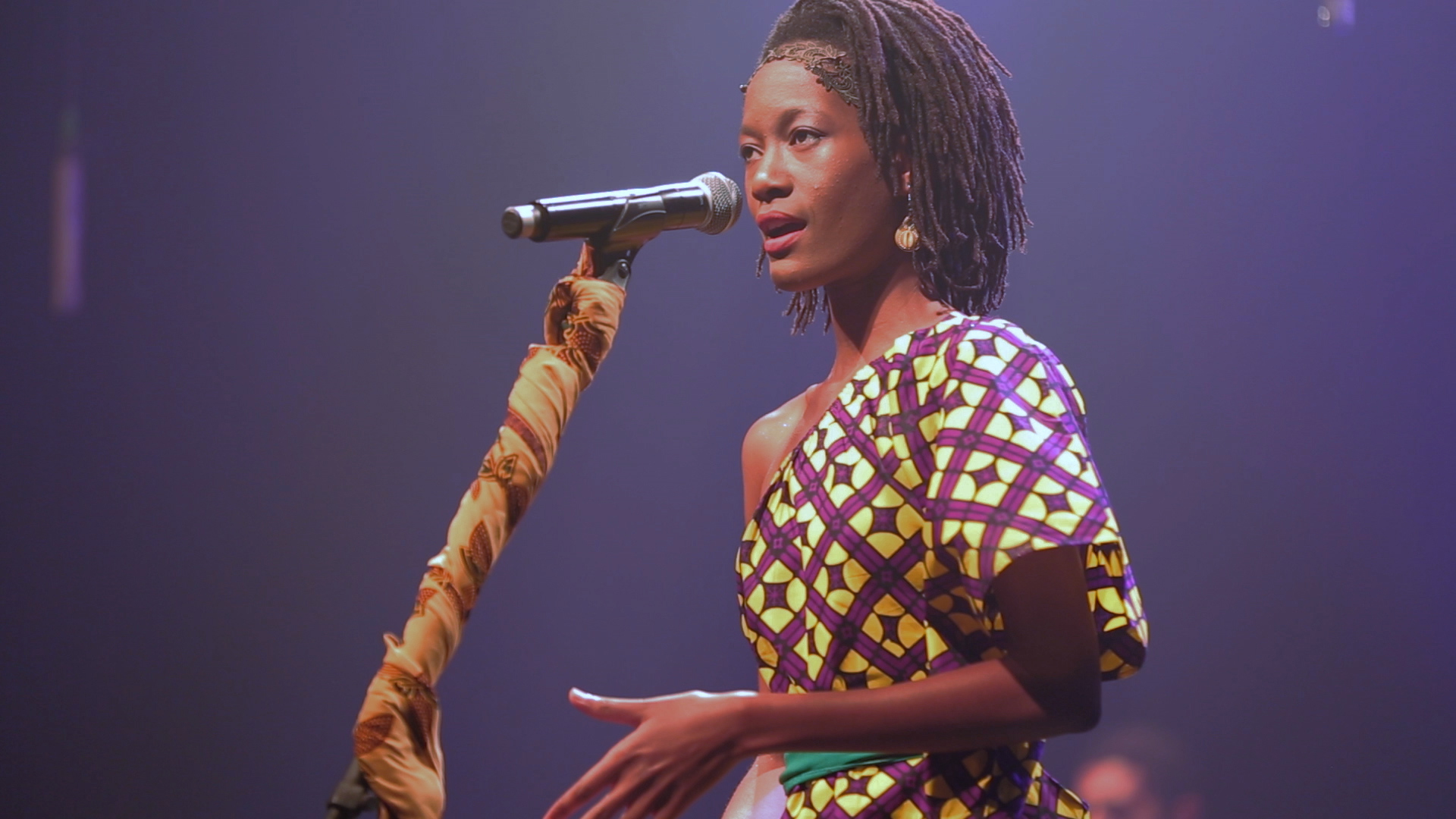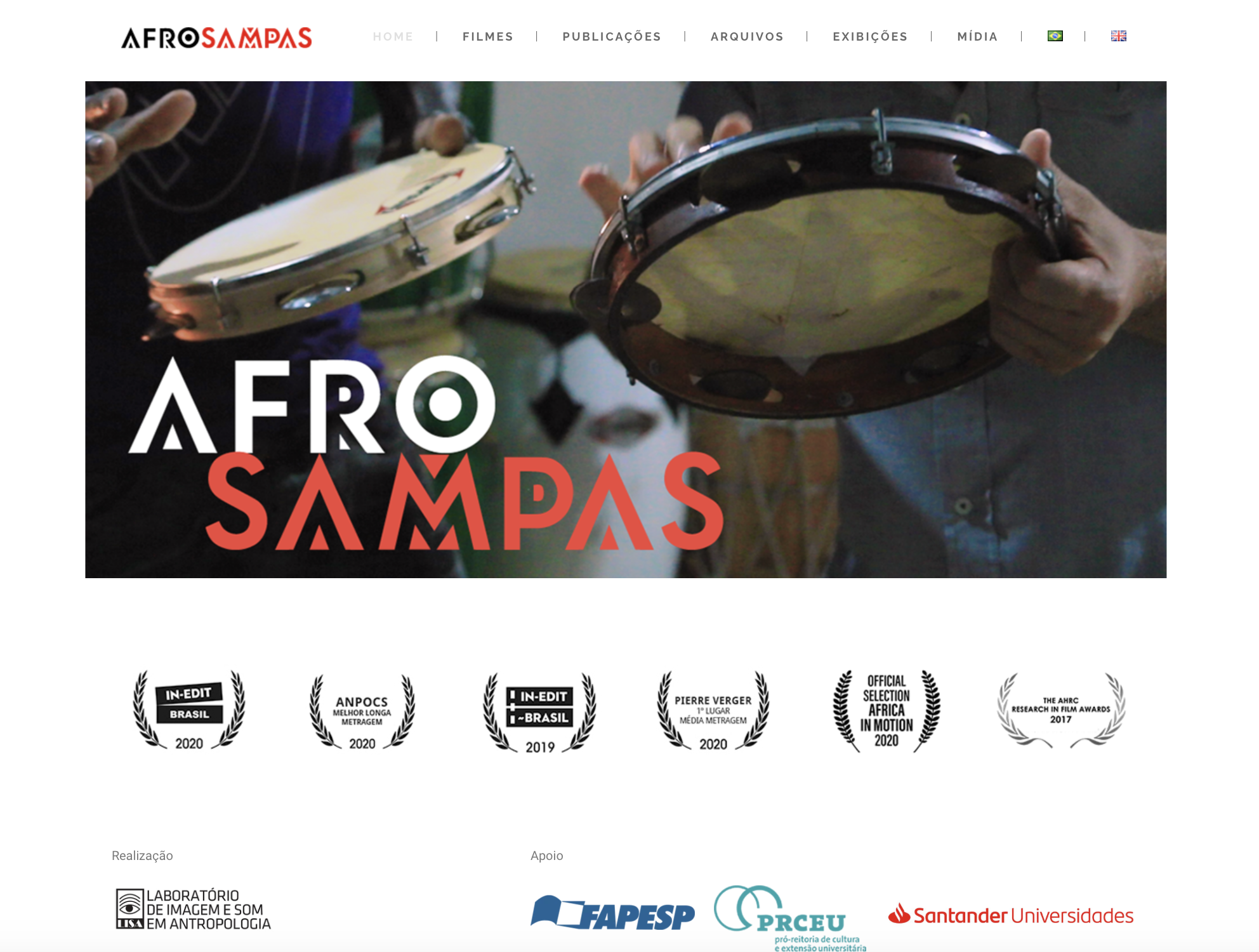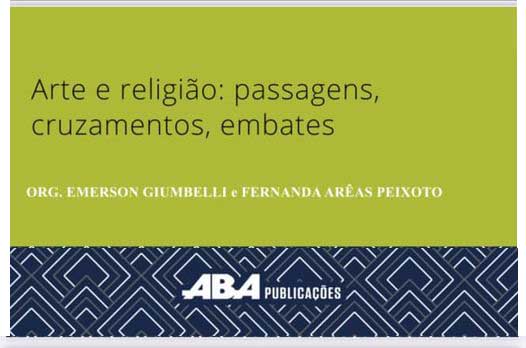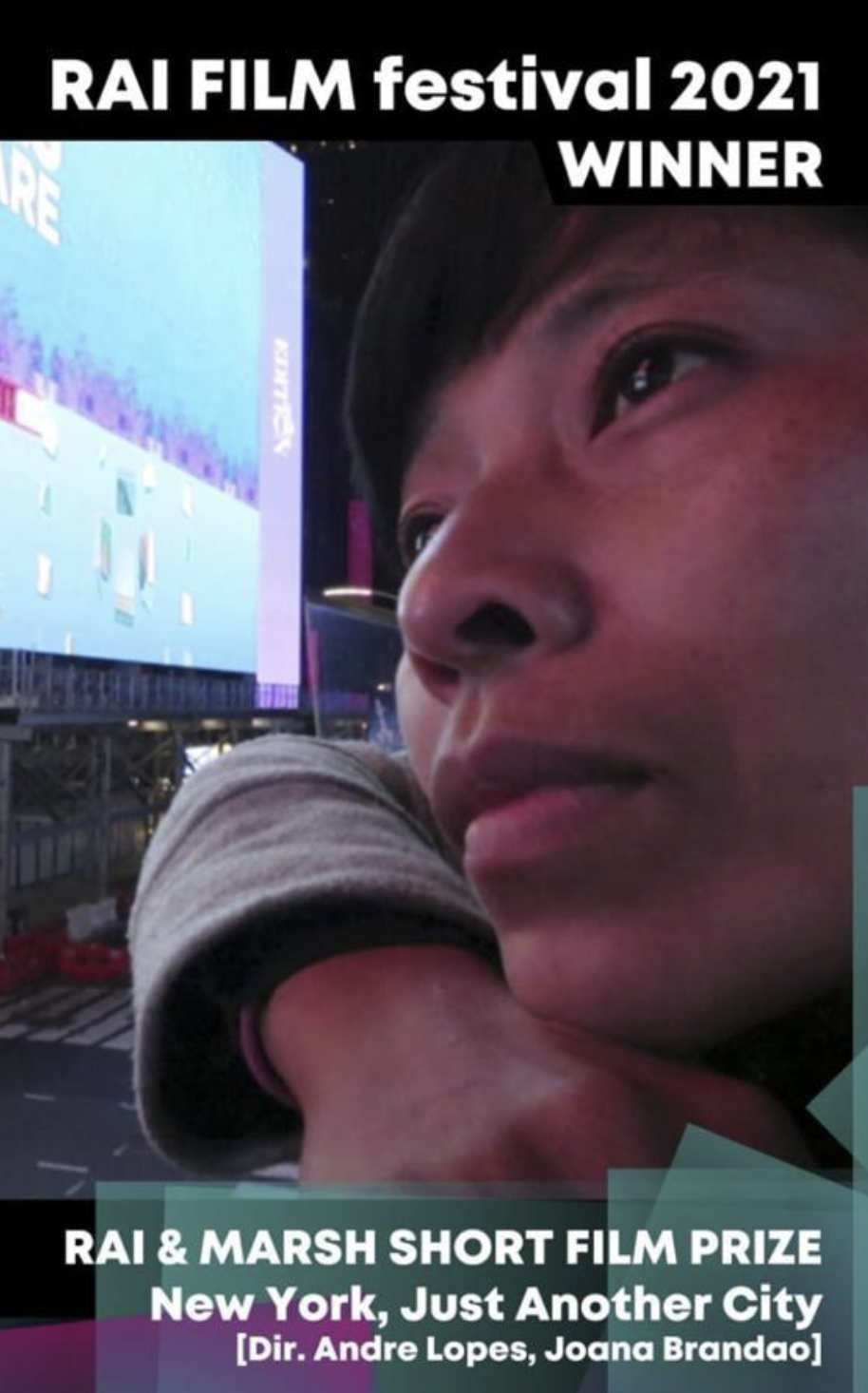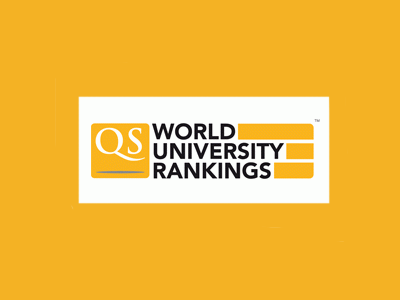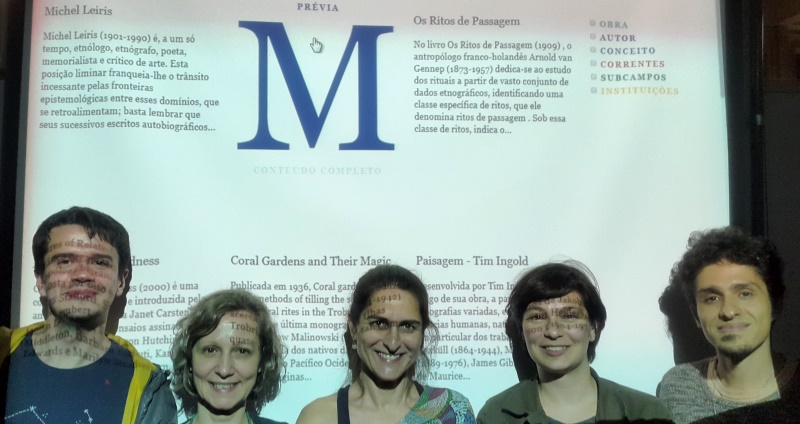PPGAS News
Afro-Sampas, a film produced at LISA and co-directed by Jasper Chalcraft and Rose Satiko Gitirana Hikiji, was selected for the film show of the Portuguese Association of Anthropology. The film can be seen at https://lisa.fflch.usp.br/afrosampas
More information about the project at https://afrosampas.org
Film show website: https://apa2022.apantropologia.org/chamada-filmes/
Throughout the history of anthropology, the city's heterogeneity and diversity have been perceived as the driving force in the production of urban spaces and borders. The city starts to be conceived as a specific environment capable of conglomerating differences through its economic and institutional base or through identification processes. However, there is little systematization of the relational processes that lead to the production of inequalities and the crystallization of differences, and notions such as identity, culture and race have been seen as elements prior to the constitution of urban relations that establish them. Thus, although urban studies, on their most different fronts, are permeated by the meta-narratives of urbanization, modernization, development and their constant crises, the counterparts that define such narratives are rarely made explicit. In this dossier, we are interested in scrutinizing how different processes of racialization were consistent with the production of urban diversity and inequality in different cities around the globe. In this sense, we are interested in research aimed at investigating social processes, intellectual itineraries, agents, social movements and different bureaucratic, technical and scientific institutions that defined and shaped racializing categories that (re)produce the various urban social groups, as well as the practices and mobilized logics. We invite articles that seek to think about race and city not from a priori conceptual categories, preexisting relationships, but that seek to ethnography both processes of racialization of urban groups and assemblages produced around the idea of race. Finally, we invite critical texts of established narratives about cities and urbanization in the social sciences from different metropolitan realities in different regions of the world.
More information on publication standards can be found at: https://journals.openedition.org/pontourbe/3512
We are available,
Editorial Commission of Ponto Urbe - Journal of the Center for Urban Anthropology at USP.
Applications for the GT "The challenge of the urban: intersections, resistances, utopias" (coordinated by Graça Cordeiro and Joan Pujadas, with Heitor Frúgoli Jr. as debater) at the next APA congress (Évora, 6-9/9/2022, https://apa2022.
We are happy to release the new 11 entries published in the Anthropology Encyclopedia (EA) this semester, including biographical profiles on indigenous intellectuals, anthropologists and anthropologists from Algeria, United States and India, works and concepts, as well as our first subfield entry. The entries will be released throughout this week and the next on our social networks: @ea_antropo (Twitter and Instagram). Help spread the word about EA by sharing it in your study and research groups, also on your lists. Next contributions will be received by the end of March 2022. See the website: ea.fflch.usp.br/
The film Woya Hayi Mawe - Where are you going?, produced by LISA directed by Rose Satiko Hikiji and Jasper Chalcraft and edited by Ricardo Dionisio, received the Honorable Mention in the feature film category, at the Ana Maria Galano award, at the 45th. ANPOCS Annual Meeting. The film and other materials from the anthropologists' research with African artists residing in São Paulo are available at http://www.usp.br/afrosampas
What do African musicians and artists who arrived in São Paulo in recent years bring in their luggage? What impacts do they have on the artistic worlds and on social struggles in the city?
The Afro-Sampas website brings together, in films and essays, the music and art that are born from the encounters between Africans and other inhabitants of this megalopolis.
Visit and watch the full documentary Woya Hayi Mawe – Where are you going?, starring the Mozambican Lenna Bahule, and the short Tabuluja (Wake up!), with the Congolese Shambuyi Wetu. Also visit Afro-Sampas, the meeting of Lenna, Yannick Delass (Democratic Republic of Congo), Edoh Amassize and Sassou Espoir Ametoglo (Togo) with Brazilians Ari Colares, Chico Saraiva and Meno Del Picchia. Also access photo essays, performance records and more.
Afro-Sampas is the result of the project “Making music and African cultural heritage in São Paulo”, developed by anthropologists Rose Satiko Gitirana Hikiji and Jasper Chalcraft, together with the FAPESP Thematic Project “Local music: new tracks for Ethnomusicology” (2016/05318- 7), and has the support of the Pro-Rectory of Culture and Extension of the University of São Paulo through the 5th EDITAL SANTANDER/USP/FUSP for the Promotion of Culture and Extension Initiatives.
The book, which has just come out by aba publications label, is available on aba's website: http://www.aba.abant.org.br/publicacoes - the volume titles are organized alphabetically. With this link, you can access directly!
"New York, another city", a film by Brazilian anthropologists and documentary filmmakers André Lopes (phD candidate PPGAS-USP) and Joana Brandão (UFSB), was awarded last Saturday, March 27, with the award for best documentary short at the international ethnographic film festival of the Royal Anthropological Institute (RAI). The film was awarded the Marsh Short Film Prize which awards "the most outstanding short documentary in anthropology or archaeology", according to the festival's words. RAI is one of the largest and most important ethnographic film festivals in the world, having received film entries from 75 countries in 2021. The film was the only Brazilian work awarded at the festival.
"New York, another city" (2019, 18 min) recounts the experience of Brazilian indigenous filmmaker Patrícia Ferreira Para Yxapy in New York and her reflections when visiting the American Museum of Natural History. By deconstructing the colonial strategies of representation of the great museum through the gaze of Patricia herself, the documentary is an exercise in reverse anthropology, in which western ways of thinking and representing indigenous peoples are scrutinized by the powerful speeches of the indigenous filmmaker. The contradictions of life in the North American metropolis and of non-indians in general are also addressed by the young leadership of the Mbya Guarani people compared to the ways of their people's existence.
André Lopes is a phD student by Professor Renato Sztutman in the Department of Social Anthropology at the University of São Paulo, and, like Joana Brandão, made the film during a period of research abroad, when the filmmakers remained as visiting researchers in the Department of Anthropology of The University of New York, under the guidance of Professor Faye Ginsburg. Both had a grant from the Coordination for the Improvement of Higher Education Personnel (CAPES).
Watch the movie trailer at the link:
https://www.youtube.com/watch?v=raMMGOBxmZY&t=14s
The full movie is available for a limited time at the link:
In addition to Anthropology, other three areas of FFLCH are among the top 50 in the world. Click here to check it out.
Completing five years of existence, the Encyclopedia of Anthropology - http://ea.fflch.usp.br - has just acquired ISSN - 2676-038X (online). In addition, the EA website was updated and improved, and the editorial board expanded, with the incorporation of colleagues from UNICAMP, UNIFESP, UFSCAR and UNESP- Arar. The Encyclopedia is also found on Facebook and Twitter.
Visit the site help you spread it!


